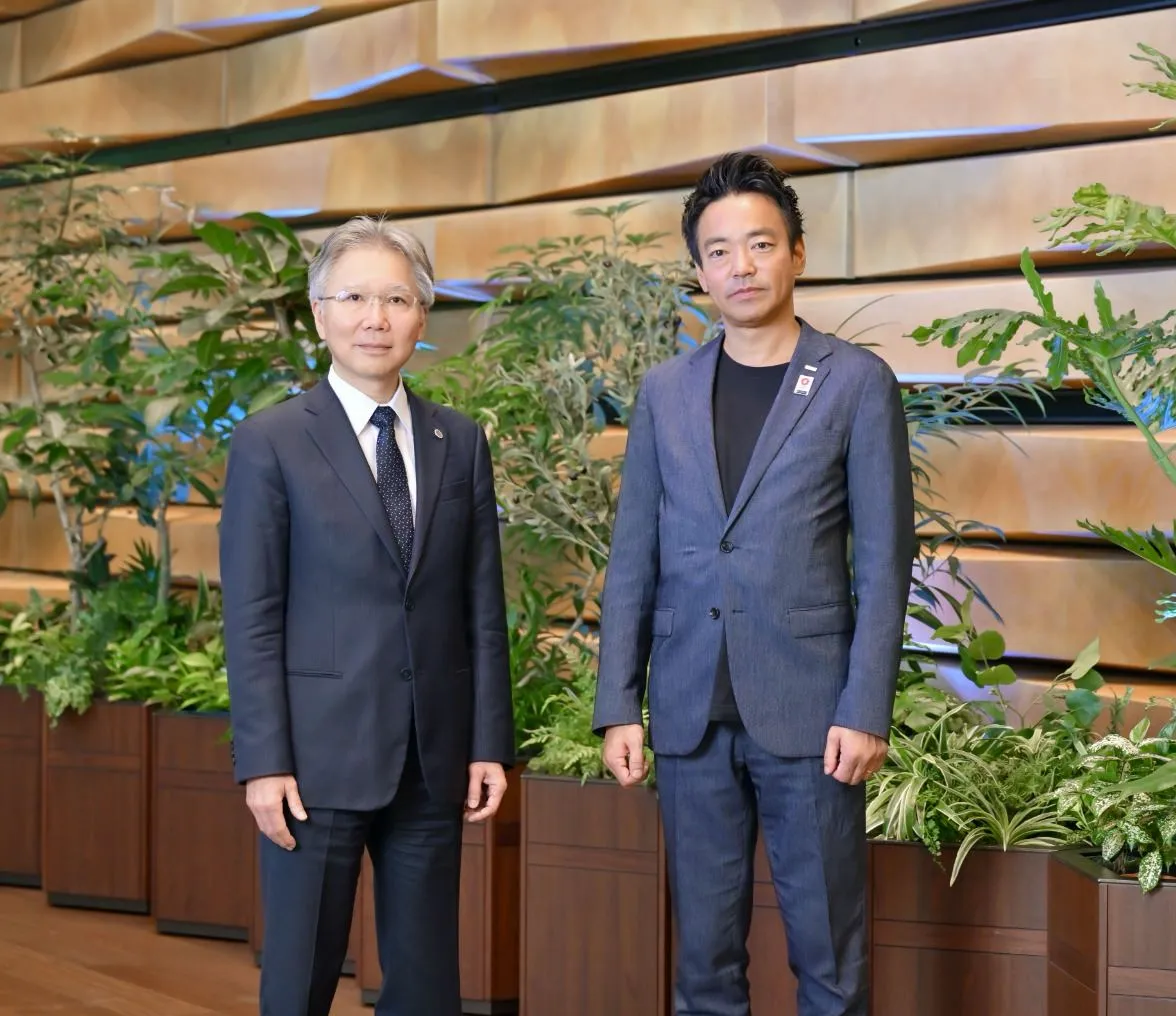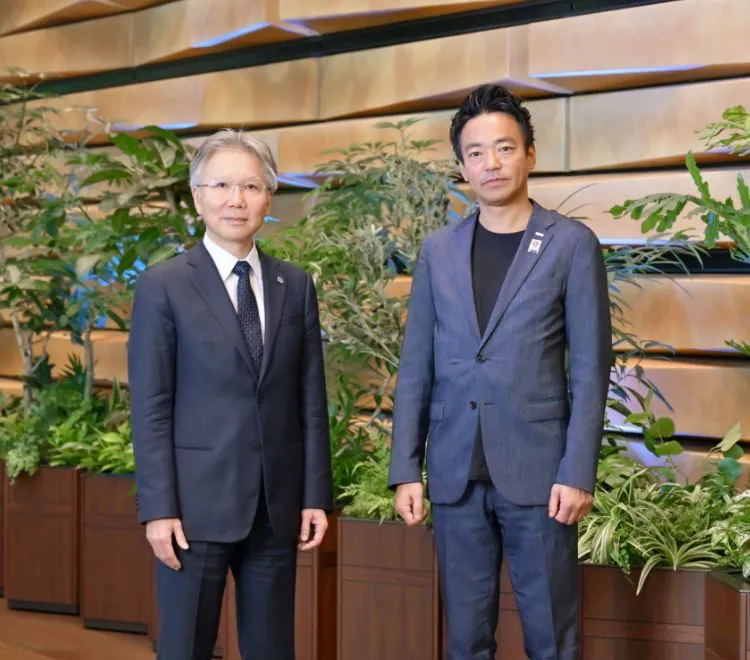Recent years have seen the rise of decarbonization efforts, remote work, and advancements in generative AI. These rapid changes are evolving simultaneously, reshaping the way businesses operate and increasing competition among companies.
As such, many sectors have growing needs for new business creation. This contrasts with Europe and the U.S., where disruptive innovations are reshaping markets and driving economic growth. Japanese companies are also focusing on incremental improvements for efficiency. As a result, mechanisms for fostering disruptive innovation within companies remain underdeveloped.
In order to overcome this, Japanese companies must expand their focus beyond internal development and engage external innovation. One of the key approaches is to utilize university-generated intellectual property and collaborate with innovative university startups. Bridging academic research and advanced technologies to practical applications would help create new markets and pave the way further for Japanese economic growth.
A Comprehensive
Partnership for Industry-
Academia Collaboration
and Startup Support
The University of Tsukuba and Sumitomo Mitsui Financial Group (SMFG) entered into a comprehensive partnership agreement in August 2024. The goal of this agreement is to establish a new collaboration model between universities and financial institutions, contributing to advancements in science, technology, and social transformation.
Takeshi Muto from Sumitomo Mitsui Banking Corp.(SMBC)’s Corporate Strategy Dept. highlights the significance of this partnership. “Research and education are fundamental in addressing social issues and are essential for creating social value. Effectively implementing University of Tsukuba’s knowledge and technology into society could lead to significant breakthroughs in creating social value.”
Yasushi Nakauchi, Vice President for Industry-University Collaboration, University of Tsukuba, also expresses high expectations for the agreement with SMFG, emphasizing, “The University of Tsukuba promotes the practical application of research based on our university’s founding principles. Our goals align with SMBC Group’s efforts to create social value. Strengthening industry-academia collaboration by integrating financial expertise from SMBC is a highly meaningful partnership.”
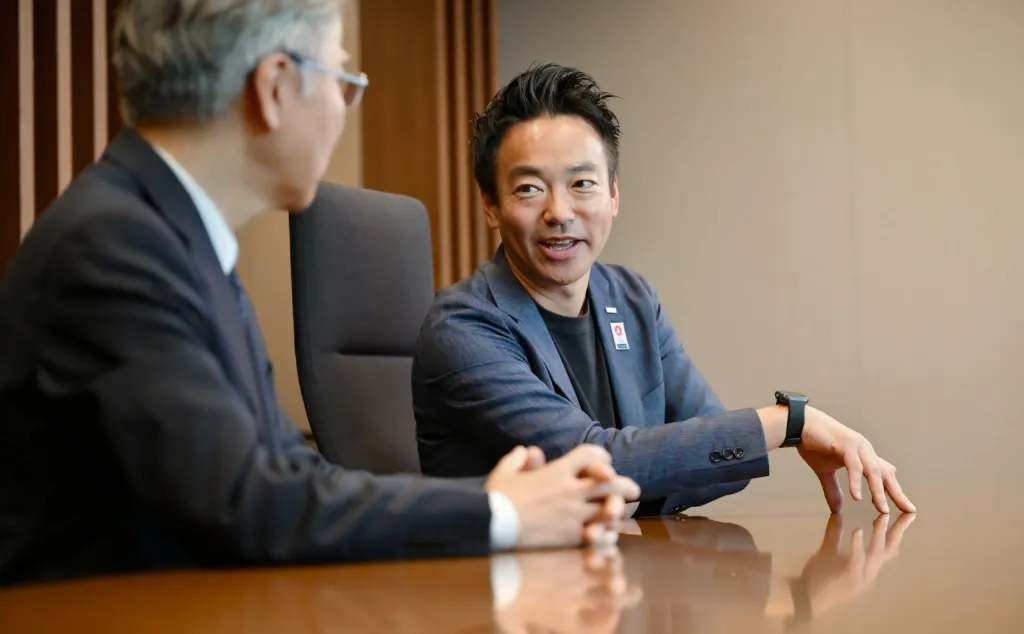
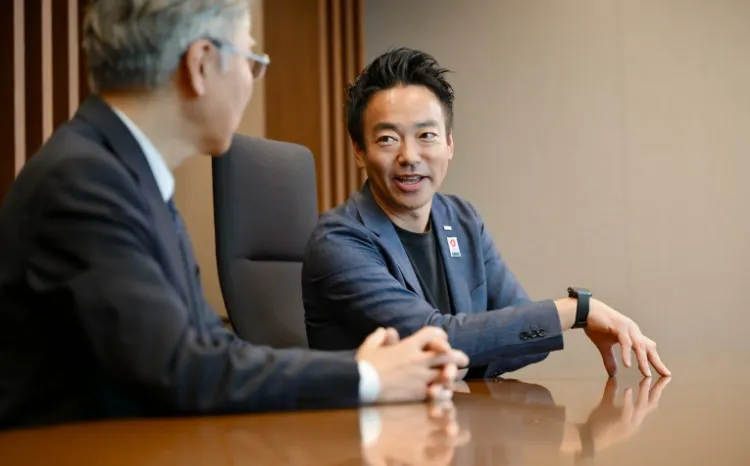
Under this agreement, a new framework will be established to support joint research and business development, along with optimal matching between academic research seeds and corporate needs.
Nakauchi suggests, “International Industry-University Collaboration serves as a bridge between approximately 1,800 researchers in our university and companies. Collaborating with SMBC, which has a strong network in the business sector, will lead to further acceleration.”
Muto also emphasizes the importance of mutual benefits in the matching process. “It is essential that this agreement not only supports researchers but also provides value to our partner companies by creating new opportunities for innovation.”
Although this is a good practice in ensuring effective collaboration between researchers and companies, one issue is the complexity of deep technical information, which is provided by top researchers. Research findings are often described with specialized terminology and academic language and making it difficult for companies to understand and connect them to market or product needs.
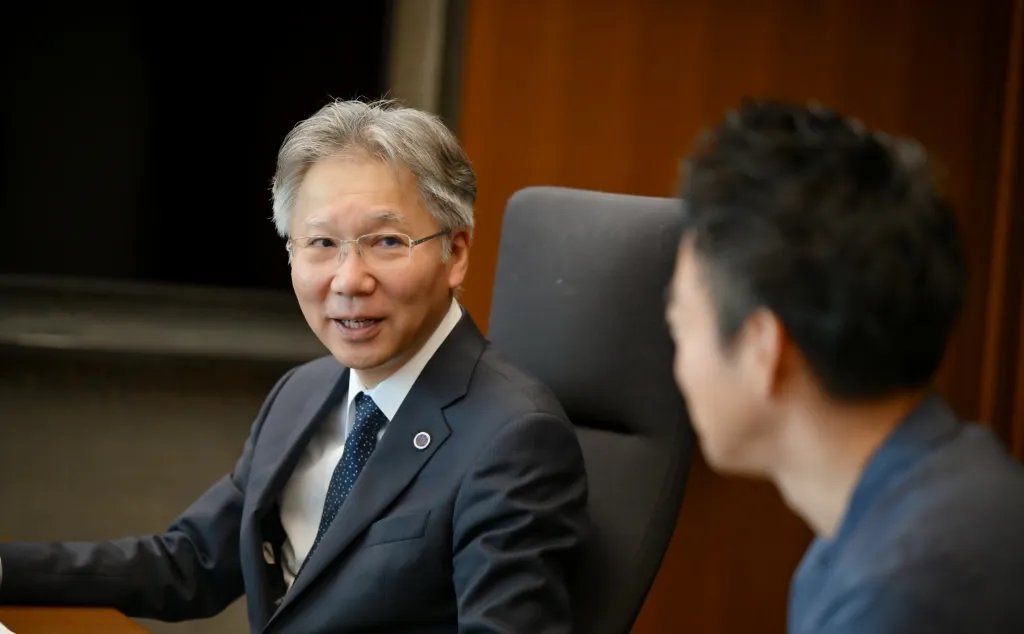
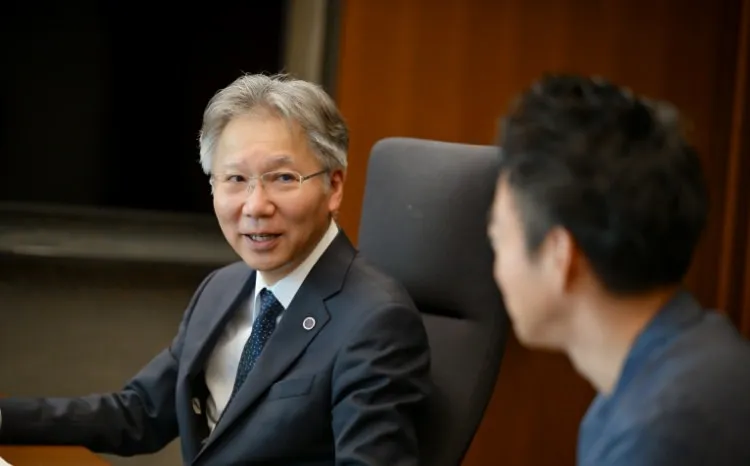
To address this, technical information must be translated into business-friendly language. As one of the approaches, University of Tsukuba will develop a database of researchers’ seed technologies by taking into account what each researcher can address in terms of presumed company needs using simple words.
Furthermore, corporate needs and challenges are often difficult to identify from publicly available information. Companies tend to avoid disclosing issues that may be perceived as vulnerabilities of the companies. Additionally, while businesses are inclined to seek short-term profitability, researchers typically take a long-term approach, leading to a misalignment in expectations.
To resolve these issues, coordinators play a key role in aligning both sides’ expectations during the matching process. Facilitating direct dialogue between researchers and companies is also essential. As part of this effort, SMBC Group is considering hosting an event in spring 2025 to facilitate the matching of research seeds and corporate needs.
Another initiative under the agreement is a support program for university startups. This fiscal year, the program leveraged an acceleration program at SMBC Group’s Mirai Cross to assist researchers and students in launching businesses. The training helps participants improve their business skills, develop business plans, and connect with corporate partners and venture capital firms, supporting them in taking the first steps toward commercialization.
For university startups to succeed, they require not only technical and research expertise but also strong management support. Nakauchi points out, “By 2023, the number of startups from the University of Tsukuba had reached 236, showing growing momentum. However, many researchers struggle to secure executives such as CEOs or CFOs, preventing promising ideas from evolving into viable businesses.”
Muto emphasizes the importance of financial leadership, stating, “In a startup, the CFO plays a critical role in supporting the business through financial strategy and fundraising. Securing such talent is a key challenge.”
There are plans to provide financial education and support for potential CFO candidates.

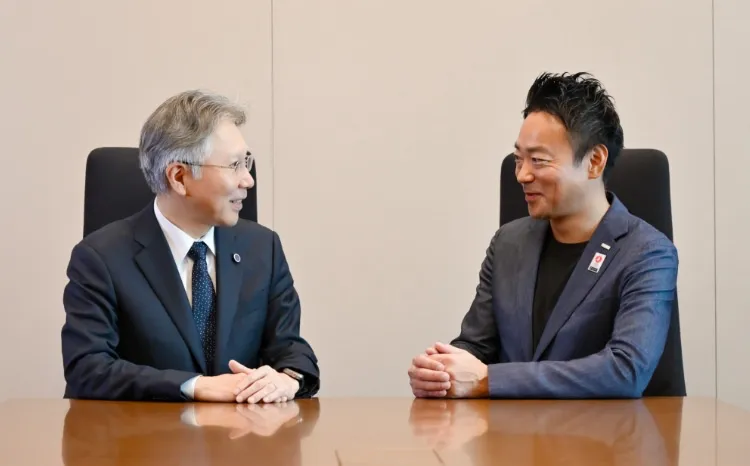
Expanding the
Partnership Model
Nationwide to Japan’s
Regrowth
SMBC Group has been strengthening its support framework by integrating its Strategic Corporate Business Dept., which focuses on university collaboration and matchmaking, with the Growth Business Development Dept., which specializes in startup support. This structure will provide end-to-end support, this support will cover the entire process, from research commercialization to product and service development. For university startups, funding support will be considered at various stages, including the seed and angel investment phases, based on individual financial needs.
Nakauchi shared his vision for the agreement. “The comprehensive partnership model with University of Tsukuba can be applied to other universities and financial institutions. Expanding this approach nationwide could drive industrial revitalization and strengthen Japan’s global competitiveness.”
Reflecting on his own experience as a graduate student, Muto shared the kind of society he hopes to achieve through this partnership. “Ph.D holders have the ability to identify and solve complex problems, making their skills valuable across industries. However, during my time as a master’s student, I struggled to see a clear future in research and felt uncertain about my career path. I hope to support entrepreneurship and create an environment where students can confidently pursue research careers through this initiative.”
